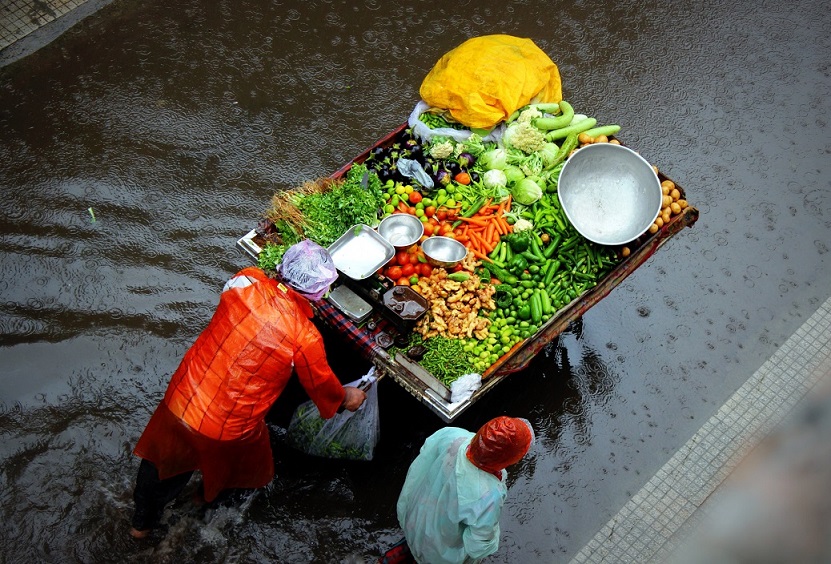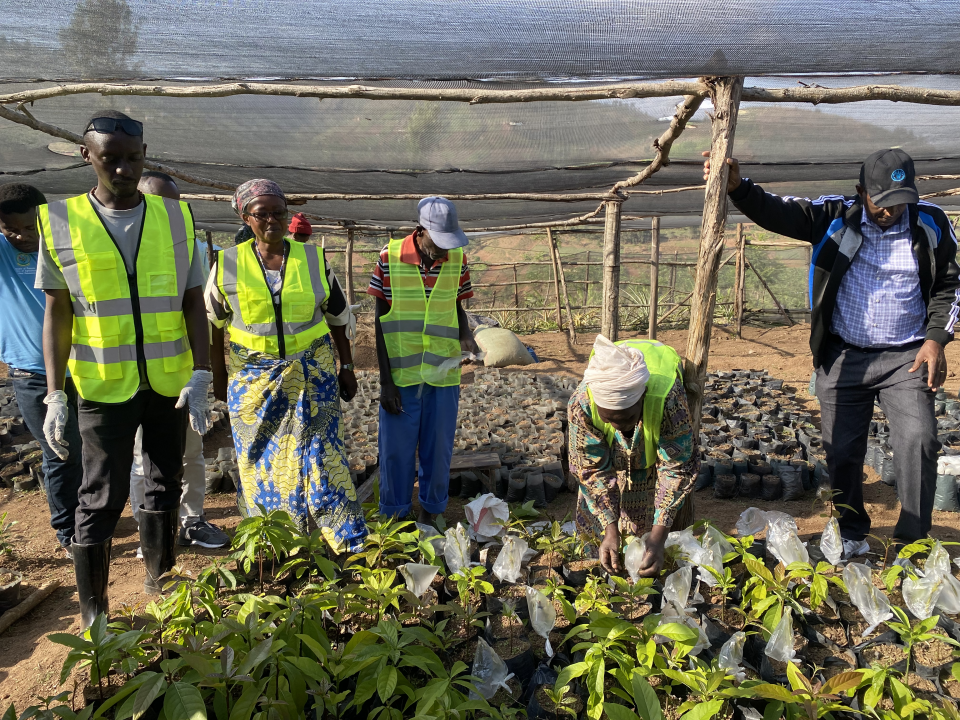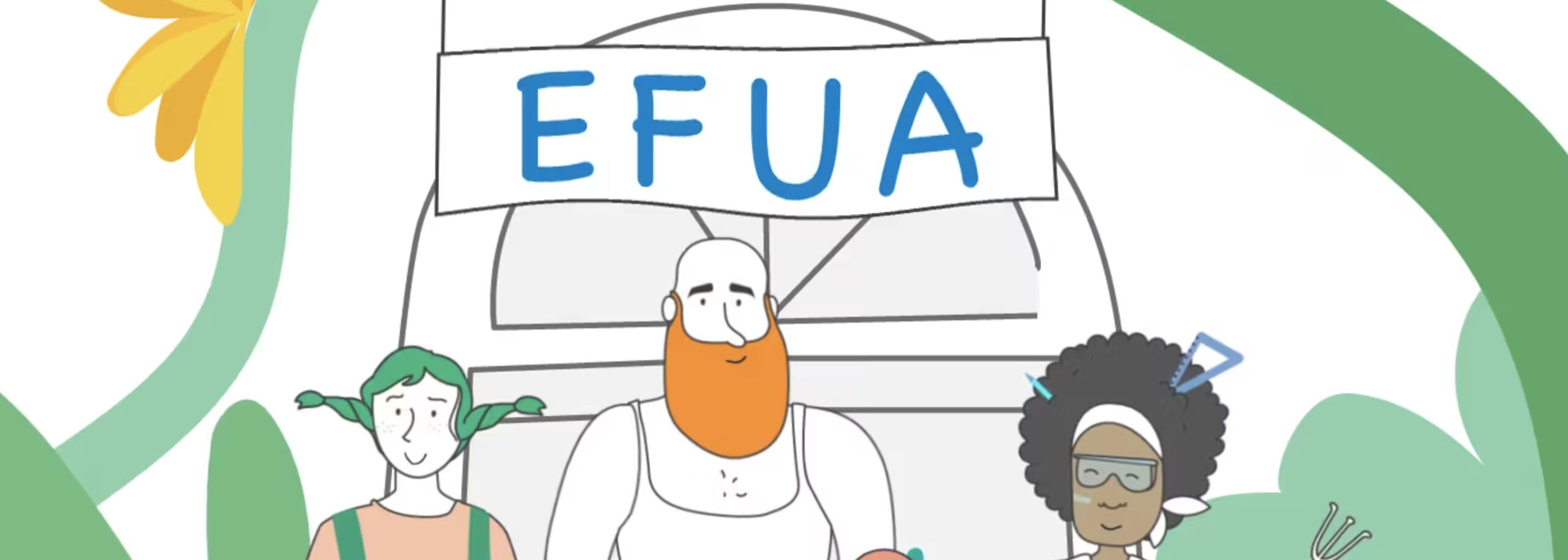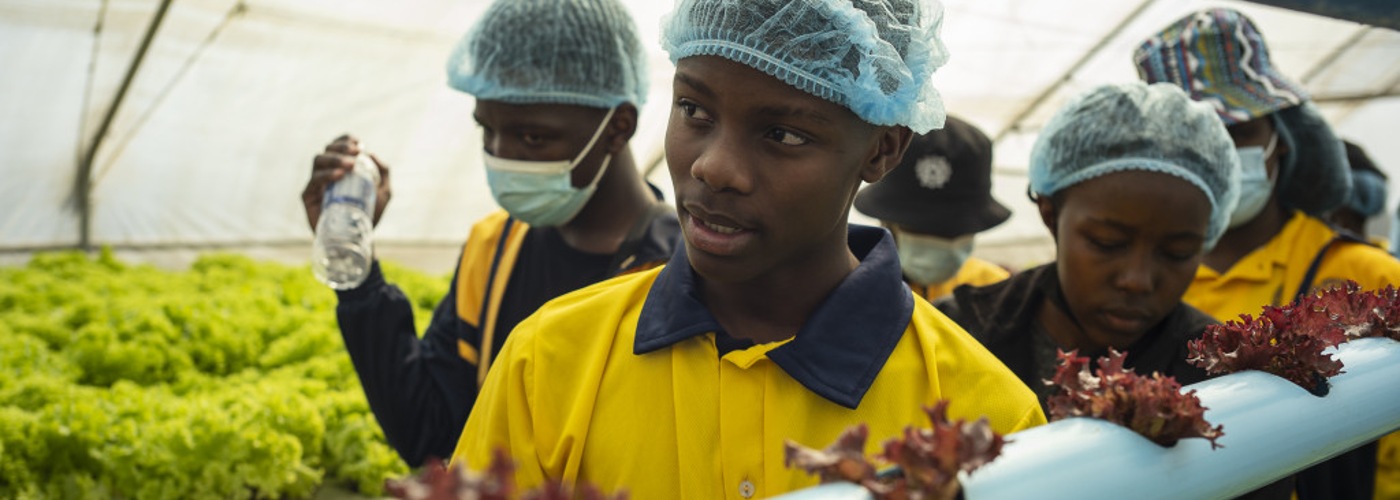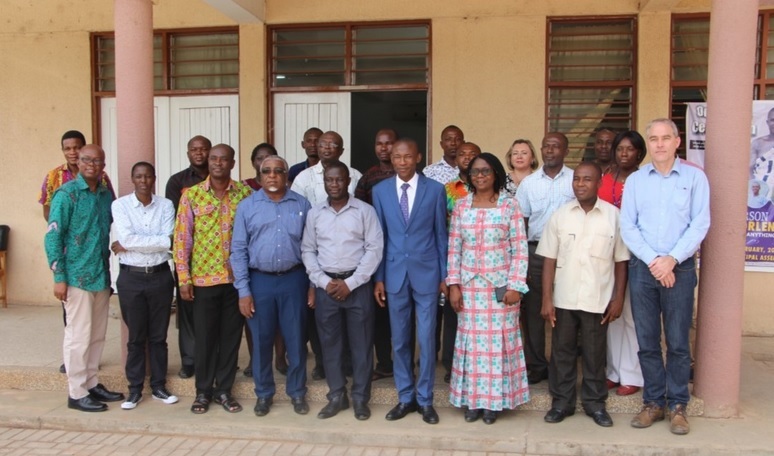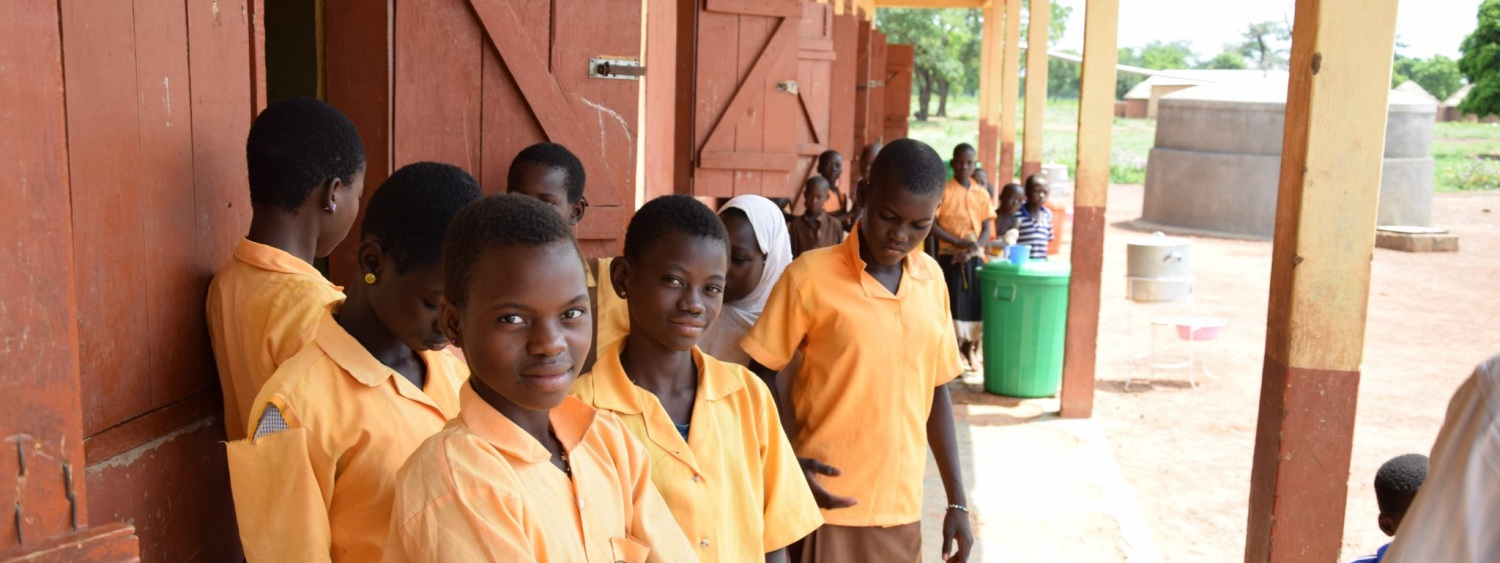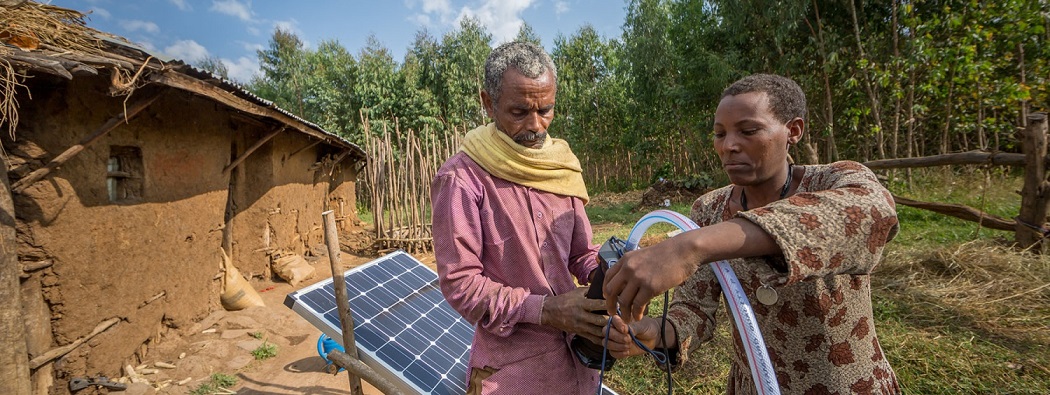The CGIAR Resilient Cities
Aim of the project
The CGIAR Resilient Cities Initiative aims to provide research support to strengthen the vibrant, largely informal urban and peri-urban agrifood sector, to help improve sustainability, equity and opportunity growth and to mitigate risks to human and environmental health.
Why is this project important?: Countries and cities in CGIAR target regions are struggling to keep pace with the implications of rapid urbanization and are demanding technically sound, equitable and scalable solutions in the agrifood sector. Key challenges for agrifood action in urban and peri-urban environments include unhealthy diets and limited access to nutritious food by the urban poor, food safety and food waste reduction, pollution, environmental degradation and climate change impacts, and low visibility and support within the urban policy, governance and investment context.
Activities
RUAF is a partner in activities under Work Package 5 of the Initiative, entitled: “Strengthening the evidence base and research & innovation capacities for urban agrifood system governance and growth (WP5)”, in cooperation with scientists from the International Potato Center (CIP). Work Package 5 carries out integrated urban food systems analyses in selected countries, develops improved research and monitoring tools, and supports young scientist-entrepreneurs to pursue innovations targeted at the urban poor. The Work Package fosters strong and integrative collaboration with a wide range of urban stakeholders for agenda setting, research design, implementation, analysis, and application.
Location
The Initiative works in the following countries as a priority: Bangladesh, Ethiopia, Ghana, Kenya, Peru and the Philippines. Lessons of global relevance will be documented and shared with other countries.
Period
2022 – 2025
Results
Proposed 3-year outcomes (across all work packages) include:
- At least 10,000 small-scale producers in (peri-)urban zones can access and utilize improved technologies, skills, know-how and management tools for safer, more sustainable and more efficient vegetable, livestock and fish production.
- At least 10,000 local micro, small- and medium-sized enterprises in food processing, marketing and agrifood service sectors can access and utilize business development toolkits, improved technologies, knowledge and skills, with strong participation by women and youth.
- At least 500,000 consumers benefit from nutrition programs in the public, civil society and private sectors that use evidence-based (peri-)urban food environment and consumption toolkits, including approaches to increase women’s decision-making power and to improve diet quality and nutritional status.
- Urban planners and stakeholders participating in global networks of more than 200 cities representing over 400 million consumers use, promote and improve research and innovation tools and approaches developed by research and training institutions and civil society groups to accelerate (peri-)urban agrifood systems.
- Municipal authorities and their public and private sector partners in at least six countries adopt evidence-based approaches, tools and business models for planning, implementing and monitoring investments in a circular bioeconomy and/or strategies to mitigate human or environmental health risks.
Partners
The Initiative has a wide array of demand, innovation, and scaling partners, including universities, NARES institutions, private-sector agrifood enterprises and their associations in formal and informal sectors, municipal and national government institutions, consumer groups, youth groups and other civils society organizations, regional and global city networks, UN organizations and international finance institutions.
Contact for RUAF
Jess Halliday, Chief Executive, RUAF

